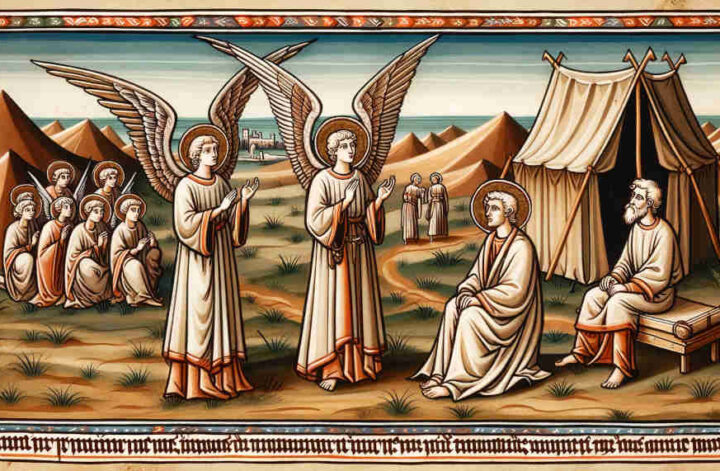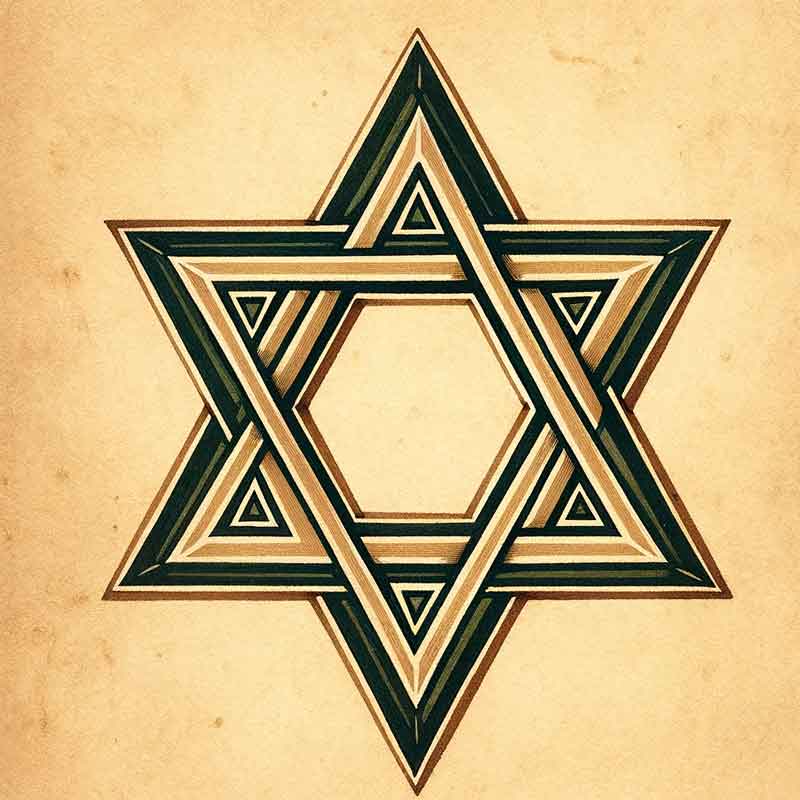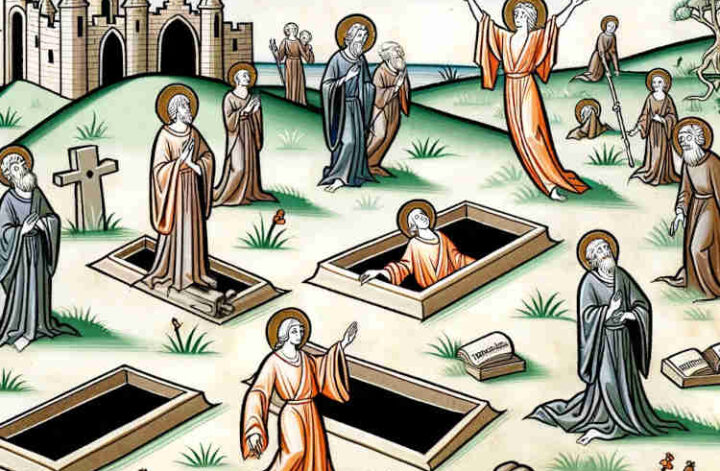Query on the Existence of Angels in Judaism
Email from Noah Feldman: “Hello Rabbi Joshua, I have always been fascinated by the concept of angels in religion. I know they are prominent in Christianity and Islam, but I’m not sure about Judaism. Do Jews believe in angels?”
Response from Rabbi Joshua
Shalom Noah, thank you for your interesting question. Angels are indeed a part of Jewish belief and they appear frequently in Jewish scriptures and rabbinic literature.
Angels in Jewish Scripture
In the Hebrew Bible, angels, known in Hebrew as “malachim” (מלאכים), are mentioned numerous times. They are typically seen as messengers or agents of God, performing tasks on His behalf. The Torah contains several stories involving angels, such as the angels visiting Abraham to announce the birth of his son Isaac, and Jacob’s dream of a ladder reaching to heaven with angels ascending and descending on it.
The Nature of Angels in Judaism
Angels in Jewish thought are generally considered to be incorporeal beings without free will, created by God to fulfill specific purposes. Unlike humans, who have free will and can choose between good and evil, angels are bound to the will of God and cannot deviate from it.
Rabbinic Teachings on Angels
Rabbinic literature, including the Talmud and Midrash, expands on the roles and classifications of angels, discussing their involvement in the daily workings of the universe and in the lives of individuals. However, these texts also make it clear that the worship of angels is prohibited; in Judaism, worship is directed to God alone.
Angels in Jewish Mysticism
In Kabbalah, Jewish mysticism, there is a rich tapestry of teachings about angels. Kabbalistic texts often explore the spiritual realms that angels inhabit and their roles in the divine scheme. Angels are also associated with the sefirot, which are attributes through which the divine manifests in the world.
Modern Jewish Belief
In contemporary Judaism, beliefs about angels can vary. Some may view angels as literal beings that exist in reality, while others may see them as metaphors for natural forces or complex spiritual concepts. Regardless, angels are a part of the rich fabric of Jewish theology and spiritual expression.
Conclusion
Noah, the concept of angels is indeed an integral part of Jewish belief, representing the myriad ways in which the divine interacts with the world. They are seen as a testament to God’s omnipresence and involvement in the cosmos and human history.
If you have any further questions or would like to explore the topic of angels or any other aspect of Jewish belief, please feel free to reach out.
With blessings and peace,
Rabbi Joshua


